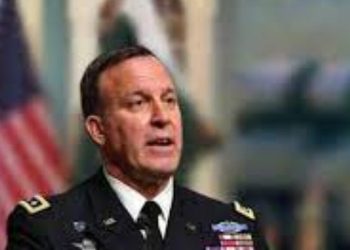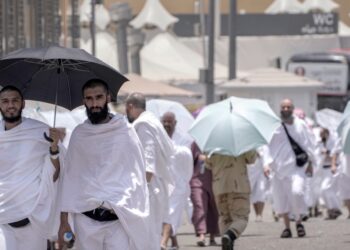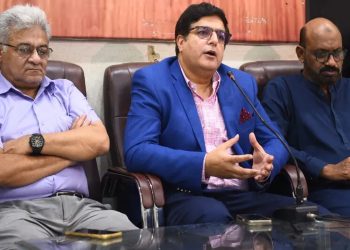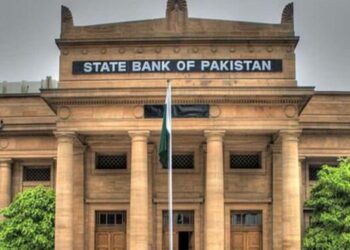NEW YORK: Caretaker Prime Minister Anwaar-ul-Haq Kakar said that the gruesome murder of a Sikh leader in Canada had jolted the West and raised serious questions about the role of the Indian state.
Addressing a presser at the Pakistan Mission, the prime minister said that Pakistan had been a victim of such state-sponsored terrorism and shared evidence at different global and multilateral forums about the role of the Indian state.
He said that it might be the first of its kind event probably after the First World War that an Asian country staged a physical murder on Western soil and its impacts were being felt across the Western countries who now realized how India was persecuting its minorities like Christians, Sikhs and Muslims. The prime minister opined that an alliance should be formed to check such ‘rough behaviour’ of India.
To another question, he said that he also held meetings with different business bodies in the US that showed interest in the economic revival plans in Pakistan, including privatization and SIFC.
PM Kakar said he held a very constructive discussion with the IMF Managing Director, adding that she hoped that the upcoming mandated government would carry on the economic plan.
IMF did not demand anything, rather the caretaker government was giving them confidence and would abide by the agreements, he said, adding that the upcoming elected government would further negotiate with the IMF according to their manifesto.
To a query, he said that the caretaker government conducted administrative intervention against the sugar and wheat mafias with effective measures. There was no dearth of these commodities in the country as different edible items were readily available, he said, adding that prices of certain commodities were linked with international prices.
The prime minister said that the caretaker government was striving to provide relief to the masses. The IMF was very appreciative of the interim government’s steps over the illegal trade of dollars, he added.
About Afghanistan, the prime minister said that they had multifaceted engagements with the Afghan interim government and hoped the outcome of these engagements would be beneficial for the two countries.
READ MORE: Canada wants answers from India over slain Sikh leader: Trudeau
Responding to a question, he said that Pakistan would take all steps to protect its territory and people whenever any need arose. He further said that Pakistan respected the territorial sovereignty and integrity of Afghanistan.
About Pak-US ties, the prime minister said the constructive historical ties between the two countries would be further strengthened. He stressed that Pakistan has an exclusive identity and should be seen through the prism of it rather than any other regional or other contexts.
The prime minister said that the state of Pakistan effectively responded to the Jaranwala incident. Contrarily, the Indian state acted as a spectator rather accomplice in the Manipr violence in which hundreds of people were killed.
PM Kakar said he as well as the current Chief Justice of Pakistan visited Jaranwala and tried to mitigate the situation. The Army Chief also took a public position on the issue, he added.
To a question, he said the Election Commission of Pakistan was mandated to hold the general elections and the final date would be announced soon. He said all the registered political parties had the right to take part in the poll as the ECP did not ban any party from the process.
He assured that the caretaker government would carry out fair treatment to all the political parties. Rubbishing the notion of any victimization, the prime minister said anyone involved in the violence against the state would be dealt with under the law of the land as Pakistan was a sovereign state.
He said Pakistan wanted constructive engagement with Russia and both countries had immense potential for enhanced economic cooperation. However, he said Pakistan did not favour a military solution to any conflict and instead advocated dialogue for settlement.
The prime minister rubbished the notion of isolated Pakistan and said during his interactions with the world leaders, they had found growing interest in the world in Pakistan.

































